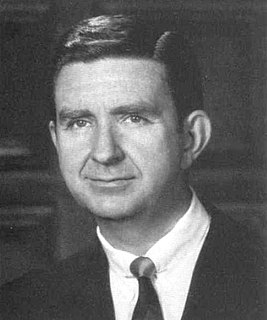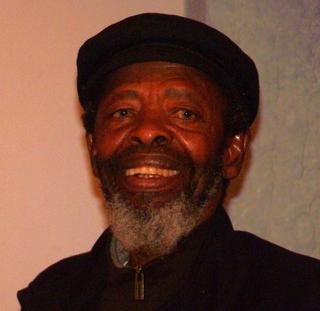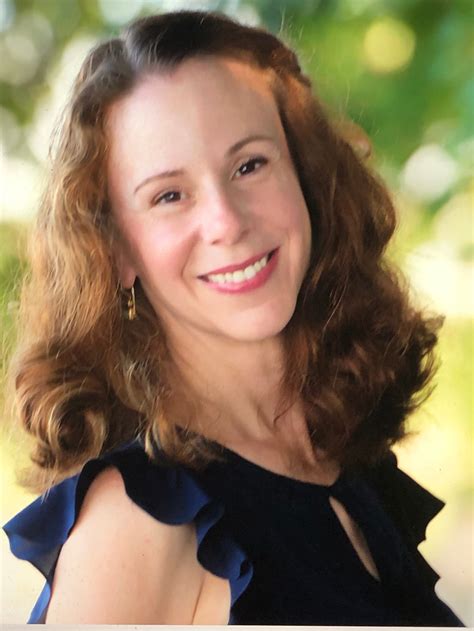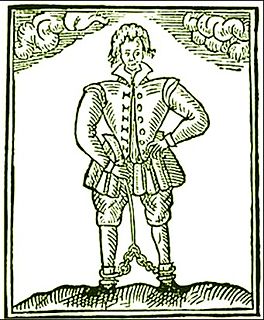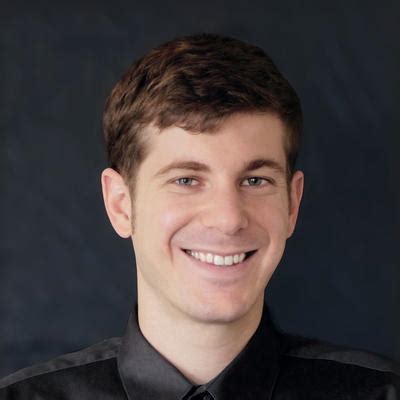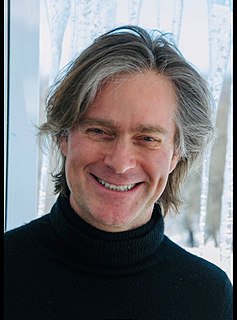A Quote by Michel de Montaigne
The pleasure we hold in esteem for the course of our lives ought to have a greater share of our time dedicated to it; we should refuse no occasion nor omit any opportunity of drinking, and always have it in our minds.
Related Quotes
We should learn to be patient with ourselves. Recognizing our strengths and our weaknesses, we should strive to use good judgment in all of our choices and decisions, make good use of every opportunity, and do our best in every task we undertake. We should not be unduly discouraged nor in despair at any time when we are doing the best we can. Rather, we should be satisfied with our progress even though it may come slowly at times.
Material objectives consume too much of our attention. The struggle for what we need or for more than we need exhausts our time and energy. We pursue pleasure or entertainment, or become very involved in associations or civic matters. Of course, people need recreation, need to be achieving, need to contribute, but if these come at the cost of friendship with Christ, the price is much too high. The substitutions we fashion to take the place of God in our lives truly hold no water. To the measure we thus refuse the "living water," we miss the joy we could have.
If we focus on our health, including our inner health, our self-esteem, and how we look at ourselves and our confidence level, we'll tend to be healthier people anyway, we'll tend to make better choices for our lives, for our bodies, we'll always be trying to learn more, and get better as time goes on.
Our stories are not meant for everyone. Hearing them is a privilege, and we should always ask ourselves this before we share: "Who has earned the right to hear my story?" If we have one or two people in our lives who can sit with us and hold space for our shame stories, and love us for our strengths and struggles, we are incredibly lucky. If we have a friend, or small group of friends, or family who embraces our imperfections, vulnerabilities, and power, and fills us with a sense of belonging, we are incredibly lucky.
Our days are numbered. One of the primary goals in our lives should be to prepare for our last day. The legacy we leave is not just in our possessions, but in the quality of our lives. What preparations should we be making now? The greatest waste in all of our earth, which cannot be recycled or reclaimed, is our waste of the time that God has given us each day.
abroad it is our habit to regard all other travelers in the light of personal and unpardonable grievances. They are intruders into our chosen realms of pleasure, they jar upon our sensibilities, they lessen our meager share of comforts, they are everywhere in our way, they are always an unnecessary feature in the landscape.
The greatest crisis of our lives is neither economic, intellectual, nor even what we usually call religious. It is a crisis of imagination. We get stuck on our paths because we are unable to reimagine our lives differently from what they are right now. We hold on desperately to the status quo, afraid that if we let go, we will be swept away by the torrential undercurrents of our emptiness.




